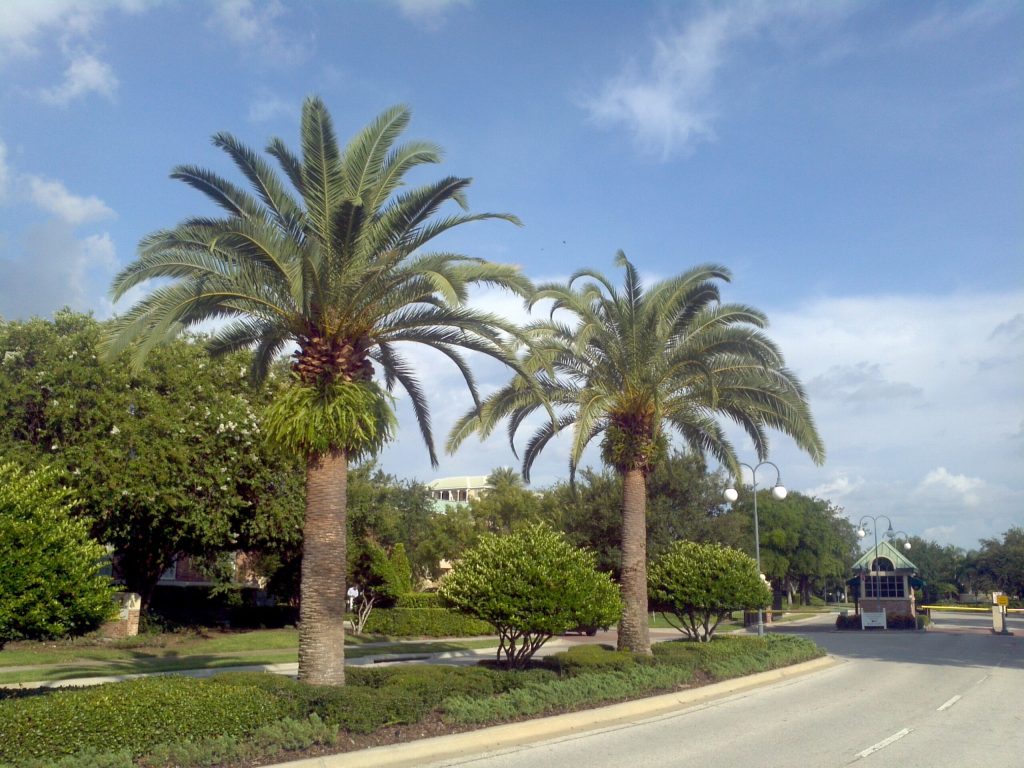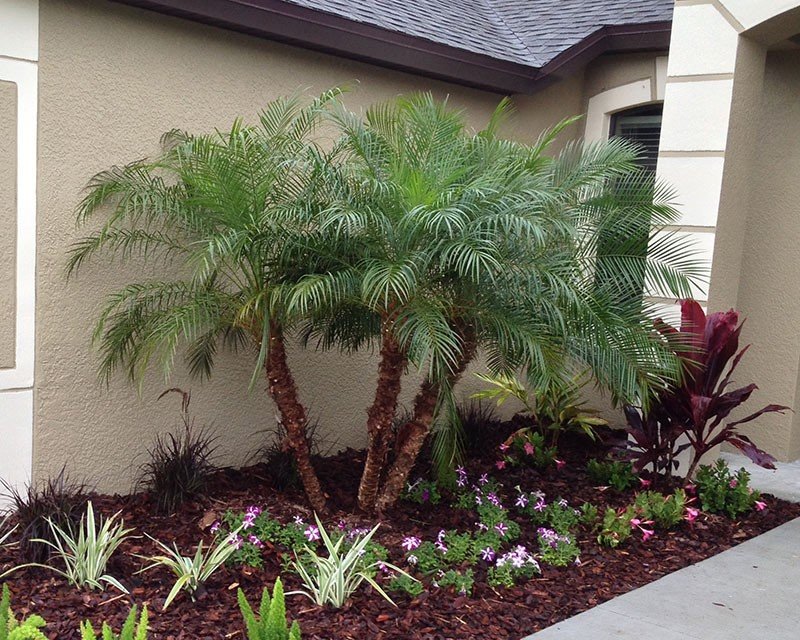Palm trees are a staple in tropical landscapes, adding a touch of exotic beauty and creating a feeling of relaxation. Whether you live in a warm climate or just want to bring a taste of the tropics to your backyard, landscaping around palm trees is an essential step in creating a cohesive and inviting outdoor space. In this article, we will discuss some creative ideas for incorporating palm trees into your landscape design and how to create a tropical oasis in your own backyard.
1. Choosing the Right Palm Trees for Your Landscape
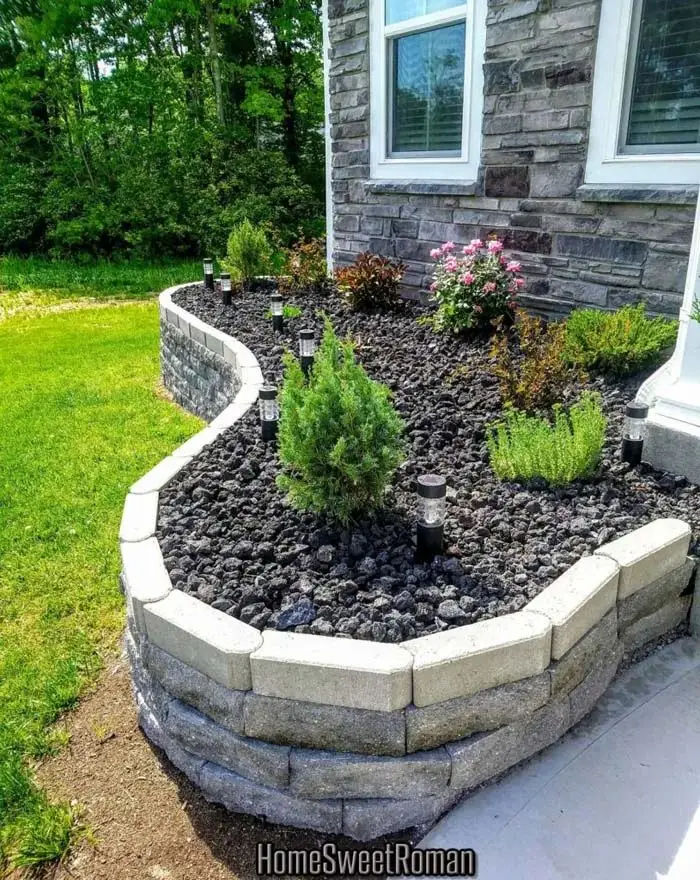
Types of Palm Trees
When it comes to choosing palm trees for your landscape, there are many different types to choose from. Some common choices include:
- Coconut palms
- Date palms
- Queen palms
- Bismarck palms
- Areca palms
Each type of palm tree has its own unique characteristics, such as size, shape, and leaf color, so it’s important to research which ones will thrive in your specific climate and fit well with your overall landscape design.
Placement and Spacing
When planning the placement of palm trees in your landscape, consider their mature size and make sure to leave enough space between them and other plants or structures. This will help prevent overcrowding as they grow and allow for proper maintenance and care.
It’s also important to take into account their root systems, as some types of palm trees have shallow roots that can spread out horizontally, while others have deeper roots that may interfere with underground utilities or structures. Consider consulting a professional landscaper or arborist to ensure proper placement and spacing for your palm trees.
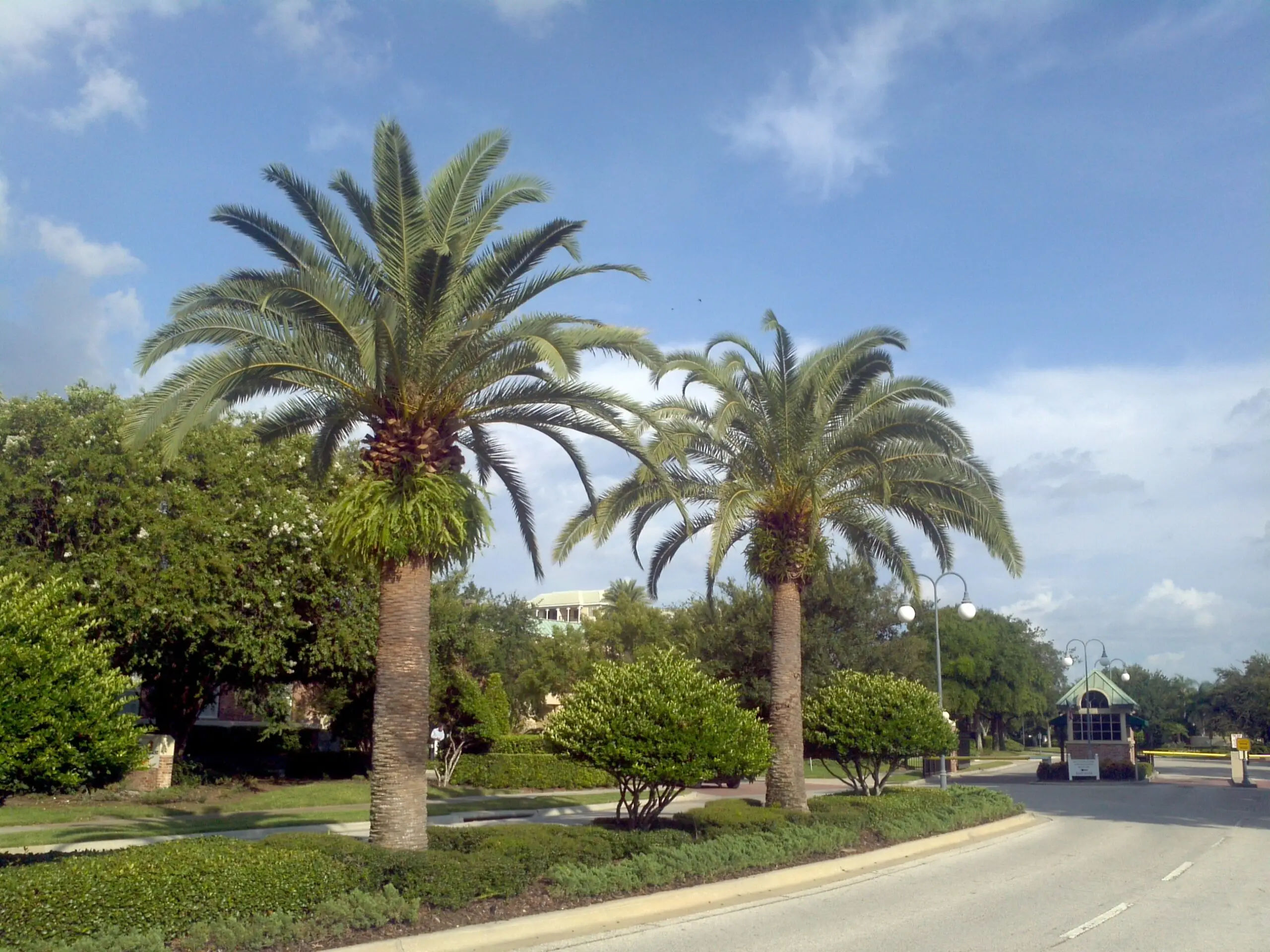
Caring for Palm Trees
Proper care is crucial for maintaining healthy palm trees in your landscape. They require regular watering, fertilization, and pruning to keep them looking their best. It’s important to research the specific needs of the palm trees you have chosen and make sure to provide them with the necessary care.
2. Designing a Tropical Landscape around Palm Trees
Incorporating Other Plants
Palm trees are often the centerpiece of a tropical landscape, but they can also be complemented by other plants to create a lush and diverse outdoor space. Consider adding plants such as:
- Tropical flowers like hibiscus, plumeria, or bougainvillea
- Ferns, such as maidenhair or Boston ferns
- Groundcover plants like mondo grass or liriope
These plants will add color, texture, and variety to your landscape while still allowing your palm trees to remain the focal point.
Creating a Water Feature
Water features, such as fountains or ponds, are another way to enhance your tropical landscape design. Not only do they add a calming element to the space, but they also provide a natural habitat for some types of palm trees that thrive in wetter conditions. You can even include small water-loving plants, like water lilies or papyrus, around the edges of the feature for added interest.
Adding Hardscaping Elements
To bring a touch of luxury to your tropical oasis, consider incorporating hardscaping elements like a stone pathway, a wooden deck or pergola, or a fire pit surrounded by palm trees. These features will not only add visual interest but also provide functional spaces for entertaining and relaxing in your backyard.
3. Using Lighting to Create a Tropical Ambiance
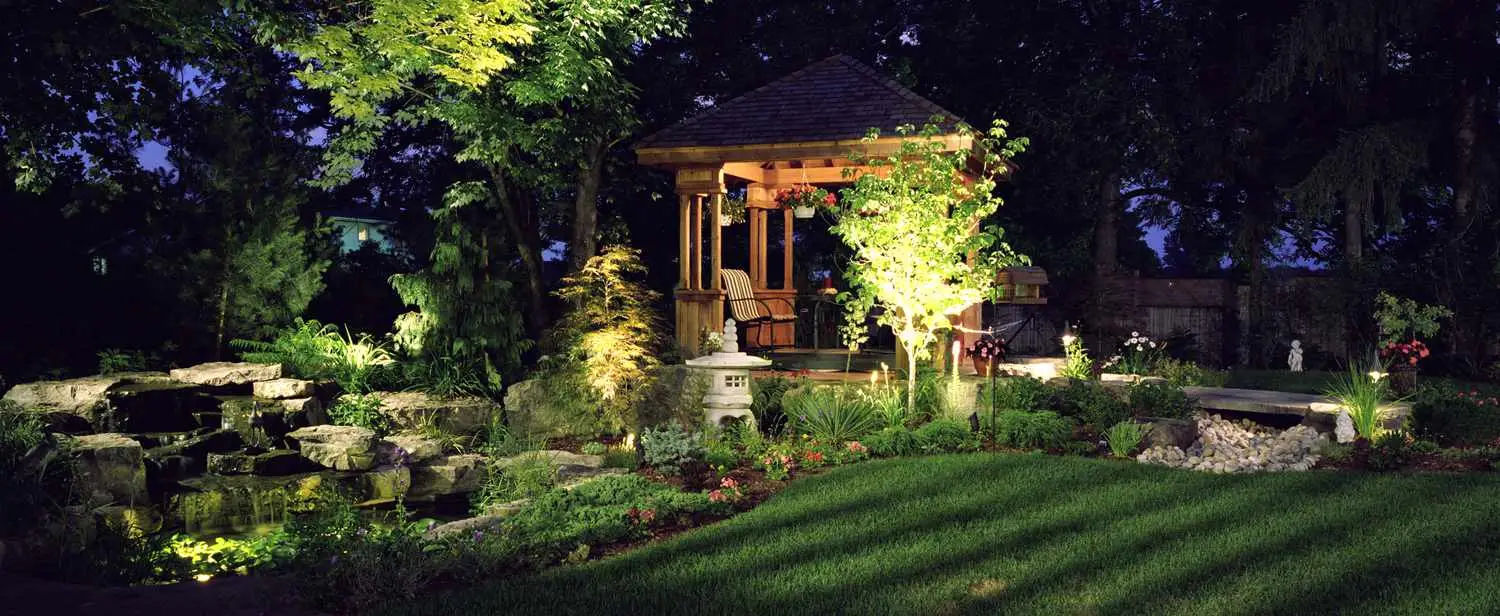
Accentuating Palm Trees with Lighting
Proper lighting can make a big difference in the overall look and feel of your landscape. To highlight your palm trees at night, consider installing uplighting or downlighting to showcase their unique shape and texture. This will not only add a dramatic effect but also provide additional safety and security to your outdoor space.
Incorporating Tiki Torches
For a more festive tropical feel, consider adding tiki torches around your palm trees and other areas of your landscape. They not only provide ambient lighting but also add to the overall ambiance and create a fun and relaxed atmosphere for outdoor gatherings.
Using String Lights
String lights are another popular option for creating a tropical ambiance in your backyard. You can hang them between palm trees or use them to accentuate other features in your landscape, such as a pergola or water feature. Choose warm white or colored lights to add a whimsical touch to your outdoor space.
4. Creating a Low-Maintenance Landscape with Palm Trees
Choosing Drought-Tolerant Varieties
If you live in a dry climate or want to reduce the amount of watering and maintenance required for your landscape, consider choosing drought-tolerant varieties of palm trees, such as Mediterranean fan palms or Ponytail palms. These types of palms require minimal watering and are able to thrive in hot and dry conditions.
Using Mulch to Conserve Water
Adding a layer of mulch around your palm trees and other plants can help retain moisture in the soil and reduce the need for frequent watering. Mulch also helps control weeds and adds nutrients to the soil as it breaks down, making it an eco-friendly and low-maintenance option for your landscape.
Incorporating Native Plants
Another way to create a low-maintenance landscape is by incorporating native plants that are well-suited to your specific climate and require less care and resources. This will not only reduce the amount of time and effort needed to maintain your outdoor space but also support the local ecosystem.
FAQs about Landscaping Around Palm Trees
What type of soil do palm trees prefer?
Palm trees generally prefer well-drained, sandy soils with a neutral pH level. Some varieties may also thrive in slightly acidic or alkaline soils, so it’s important to research the specific needs of the palm trees you have chosen for your landscape.
Do palm trees require a lot of water?
The watering needs of palm trees will vary depending on the type, climate, and location. Generally, they require regular watering, especially during the hotter months, but some varieties are more drought-tolerant than others. It’s important to research the specific watering requirements for the types of palm trees in your landscape.
Can I plant other plants around my palm trees?
Yes, you can plant other plants around your palm trees as long as you consider their mature size and provide enough space to prevent overcrowding. Make sure to also take into account the root system of your palm trees and choose plants that will not interfere with their growth.
Do palm trees need to be pruned?
Regular pruning is essential for maintaining healthy and visually appealing palm trees. Dead fronds should be removed regularly to prevent them from falling and causing damage. You can also trim off any yellow or brown fronds to improve the appearance of your palm trees.
How often should I fertilize my palm trees?
The frequency of fertilization will depend on the type of palm trees and the nutrients present in your soil. Generally, palm trees should be fertilized 2-3 times a year, in early spring and summer, using a slow-release fertilizer specifically formulated for palms.
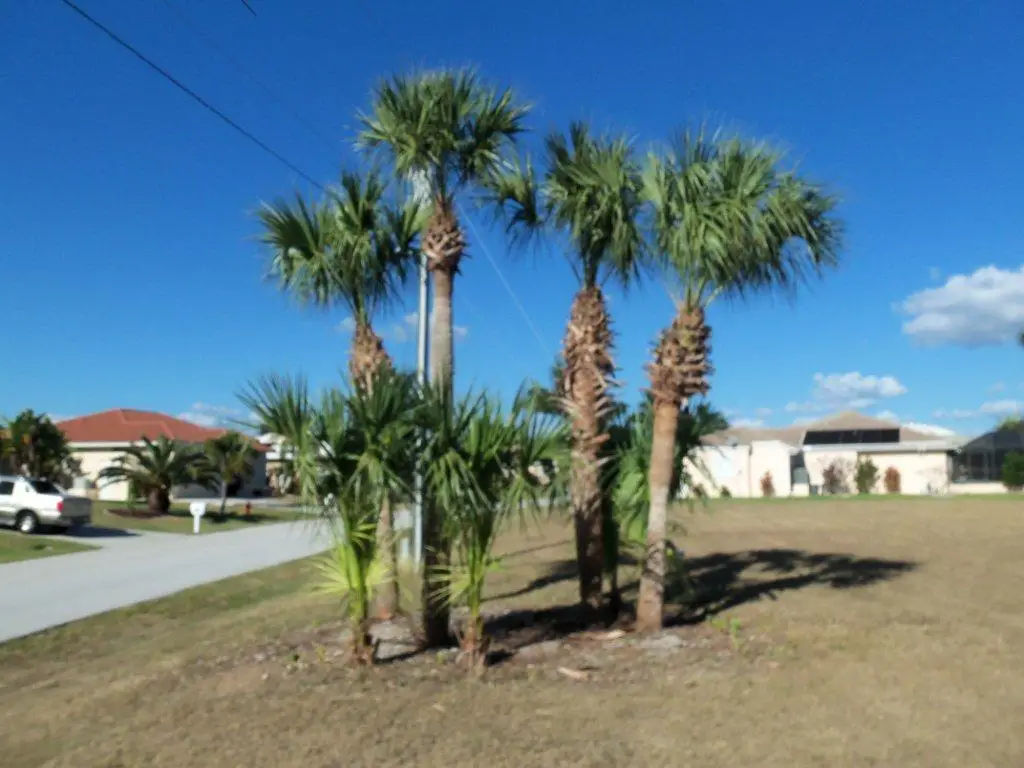
Conclusion
Incorporating palm trees into your landscape design can add a touch of tropical beauty and create a peaceful oasis in your backyard. By choosing the right types of palm trees, designing a cohesive and low-maintenance landscape, and incorporating creative lighting and hardscaping elements, you can create a stunning outdoor space that will transport you to a tropical paradise. Consider consulting a professional landscaper for advice and assistance in designing the perfect landscape around palm trees. With proper care and maintenance, your palm trees will continue to thrive and bring joy and relaxation to your outdoor space for years to come.

